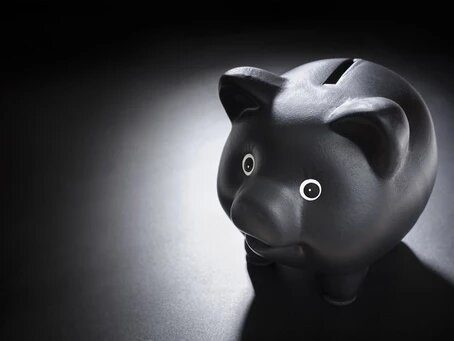
The government’s crackdown on the black economy is set to intensify in the wake of the small business tax gap report, but care must be taken not to implicate the vast majority of good tax professionals, says the profession.
However, of the $11.1 billion tax gap, 64 per cent, or $7.7 billion, is estimated to be due to the black economy, where businesses deliberately hide or under-report their income, and deliberately overclaim business expenses.
With the economic impact of the black economy estimated to be as large as $50 billion, the profession believes the latest tax gap report will help justify the whole-of-government approach to tackling the issue.
“It vindicates the government’s position on what it has been doing in response to the black economy,” said Tony Greco, Institute of Public Accountants general manager of technical policy.
“We are still very early in the implementation of a lot of the measures; we’ve had some implemented and there many more under consultation.”
CPA Australia’s Paul Drum believes clients can expect more door knocks from the ATO as it looks to shrink the $11.1 billion tax gap.
“You can do a lot of digital checks, data matching, but sometimes nothing replaces the good, old door-to-door foot-soldier approach,” Mr Drum said.
“The reality is that it can be very impactful on behavioural change, not only to those that the ATO visit but those as the story goes through the markets.”
Don’t blame the accountant
ATO deputy commissioner Deborah Jenkins had earlier said that the tax profession could do more to reduce the gap, including by asking more probing questions and not accepting client information at face value.
While 96 per cent of small businesses utilise a tax professional to manage their tax affairs, the profession has hit back at suggestions that it is to be blamed in contributing to the sizeable tax gap, particularly with the black economy aspect.
“The lion share of this tax gap is coming from black economy activity and I don’t think accountants can really share much of the blame for that,” Professor Deutsch said.
“If a business takes cash and fails to declare it, it will usually be done without the knowledge of the accountant, and unless it is a huge discrepancy from a previous year or from a normal benchmark, which might cause alarm bells to ring for accountants, you wouldn’t detect it.”
Mr Drum shared a similar view, noting that accountants could demonstrate reasonable care in accordance with the Tax Agent Services Act, but could not go beyond their engagement remit.
“If your engagement letter says to prepare the tax return, and you don’t have access to all their bank accounts and all their financial records, then you are only as good as the information you’ve got, but you’ve got to take reasonable care and make reasonable enquiries,” Mr Drum said.
“In the Accounting Professional and Ethical Standards Board [APES 220], it states that if you make reasonable enquiry and you are not satisfied with getting to the truth of the matter, then you should step away from the assignment, but it doesn’t say keep asking endless questions.
“Obviously, if the client fronts up driving a new Maserati but they are only putting down $20,000 in income a year, that’s going to raise a few eyebrows and require a few extra questions.”

